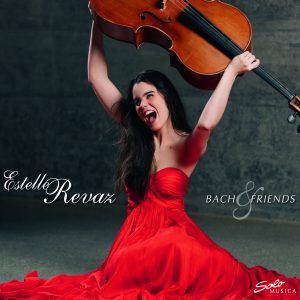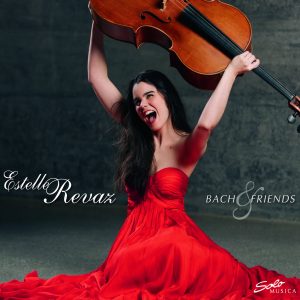Three experienced and enthusiastic chamber musicians came together in 2003 to form the AbsolutTrio.
Since 2009 the ensemble has consisted of Bettina Boller violin, Judith Gerster cello and Stefka Perifanova piano.
Bettina Boller’s fame is based on the internationally broadcast prizewinning musical visualizations of Swiss Television directed by Adrian Marthaler in the 1990s, in which she always played the solo part. She completed her training with Hans Ulrich Lehmann in Bern (teaching and soloist’s diploma with distinction). She also studied for a brief period in the class of Itzhak Perlman at Brooklyn College in New York. Her passion extends to a great variety of styles and musical activities. In addition to “classical” music with the accent on the period ranging from the early twentieth century to the present day, she loves improvising and composing. She has, for example, written her own cadenzas to all the violin concertos by Haydn and Mozart and to Beethoven’s Violin Concerto, and has arranged J.S. Bach’s Partita in E major for two and three violins. She is involved with folk music from eastern Europe and Switzerland, and has arranged and composed incidental music as a violin-playing actress in projects with the director Volker Hesse and others. In addition, she conceives and realizes ideas for conveying music to children and juveniles and is a member of the ensemble of soloists at the Collegium Novum Zürich.
After obtaining her school-leaving certificate, the cellist Judith Gerster initially began studying architecture, but the passion for chamber music that has dominated her love of music from childhood soon compelled her to study music.
She acquired her soloist’s diploma in the classes of Ivan Monighetti and Thomas Grossenbacher at the conservatories of Basel and Zurich. Her encounter and lessons with Walter Levin of the LaSalle Quartet were inspiring, and led to her decision to pursue a career as a professional musician.
In addition to her intensive collaboration with the AbsolutTrio, Judith Gerster is a member of the Basel Symphony Orchestra and the Ensemble Amaltea. Selected projects on the Baroque cello and audition coaching enrich her everyday life.
She still loves the visual arts and architecture. She lives out a part of her artistic imagination by creating miniature collages in boxes with materials of all kinds and sizes.
The Bulgarian pianist Stefka Perifanova studied at the National Academy of Music in Sofia with Prof. Konstantin and Julia Ganev (a pupil of Heinrich Neuhaus) and assisted in their piano class for four years. In 1993 she received the Cyrillus and Methodius scholarship, which is highly prized in Bulgaria. That enabled her to study further in Switzerland with Rudolf Buchbinder (concert class), Gérard Wyss (chamber music and lieder accompaniment) and Bruno Canino (soloist’s diploma). Stefka Perifanova has won prizes at numerous competitions, including the Edward Tschumi Prize for the best soloist’s diploma of the year and first prize at the Concurso Internacional de Música Cidade do Porto. Over and above her solo appearances, she is much in demand as a chamber musician and lieder accompanist on international concert platforms and performs with partners like Sol Gabetta, Raphael Oleg, Hansheinz Schneeberger and Györgi Pauk. She is particularly interested in contemporary composing and has premiered numerous works. In addition to performing with the AbsolutTrio, Stefka Perifanova is a member of the soloists’ ensemble “camerata variabile basel”, adjudicates at piano competitions and often assists at master classes (for János Starker, Igor Oistrakh, Menahem Pressler, Bernard Greenhouse, among others). Stefka Perifanova has been lecturing at the Zurich College of Arts since 1999 and at the Basel College of Music since 2011.
Artistic involvement with contemporary music is of prime importance for the three musicians of the AbsolutTrio, which is why they commission works at regular intervals. Eight weighty works for piano trio (some with live electronics) have come into being in that way and they are integrated into richly evocative programmes as trouvaillesand rare items that deserve to be exposed to the light of day. Among the venues at which the Trio has performed are the Art Center in Seoul, the Wigmore Hall in London, the Munich Gasteig, the Zurich Tonhalle, WDR Cologne and the ppIANISSIMO Festival in Sofia. The first CD of the AbsolutTrio (still with the cellist Imke Frank), featuring works by Arnold Schoenberg, Rudolf Kelterborn and Bernd Alois Zimmermann, was released on the Guild label in 2007; it was praised most highly by the press and received a Supersonic award.
Discography
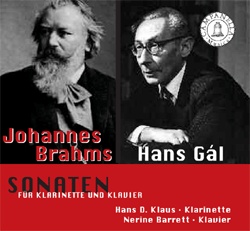
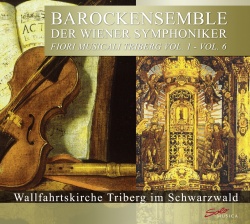
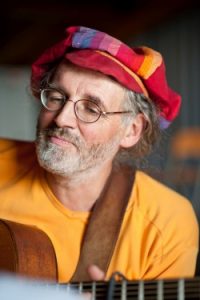 Linard Bardill kommt 1956 in Chur zur Welt und wächst in der Alp- und Traumlandschaft Graubündens auf. Nach der Matura unternimmt er eine halbjährige Reise nach Indien per Autostop. Er studiert Theologie, tauscht jedoch nach Abschluss sofort die Kanzel mit der Bühne. Ab 1986 folgen bis heute Bühnenprogramme, CDs, Bücher und Tourneen.
Linard Bardill kommt 1956 in Chur zur Welt und wächst in der Alp- und Traumlandschaft Graubündens auf. Nach der Matura unternimmt er eine halbjährige Reise nach Indien per Autostop. Er studiert Theologie, tauscht jedoch nach Abschluss sofort die Kanzel mit der Bühne. Ab 1986 folgen bis heute Bühnenprogramme, CDs, Bücher und Tourneen.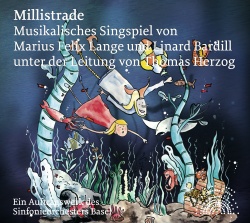
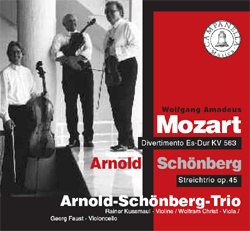
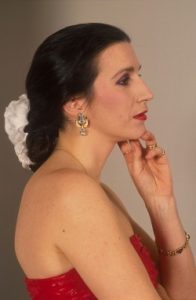 The mezzo-soprano Viviana Araiza Staffini was born in Munich and spent part of her childhood in the USA and Italy. She studied at the Munich College of Music and completed her studies at the International Opera Studio of the Zurich Opera House.
The mezzo-soprano Viviana Araiza Staffini was born in Munich and spent part of her childhood in the USA and Italy. She studied at the Munich College of Music and completed her studies at the International Opera Studio of the Zurich Opera House.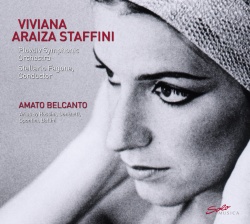
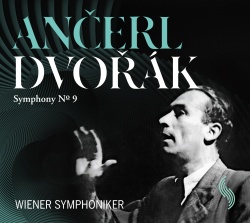
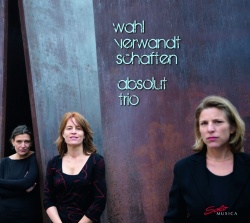
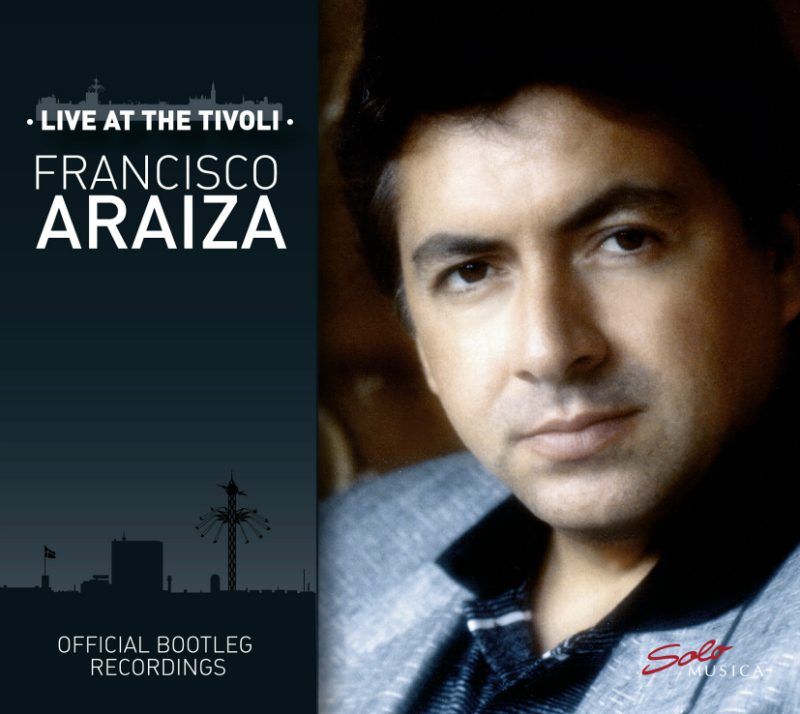
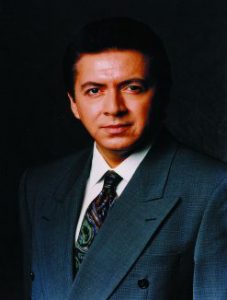 Francisco Araiza gehört zu den lyrischen Tenören, der vor allem als Mozart- und Rossini-Tenor, aber auch als Liedersänger Massstäbe setzte und ab Mitte der 1980er Jahre dann durch seine Facherweiterung ins dramatischere Lirico-Spinto-Fach (mit Rollen von Verdi, Puccini, Massenet, Gounod und schliesslich Wagner) Erfolge feierte. Er studierte Gesang bei Irma Gonzalez am Conservatorio Nacional de Musica und deutsches Repertoire bei Erika Kubacsek in seiner Heimatstadt. Zuvor hatte er an der dortigen Universität bereits ein Studium der Betriebswirtschaft abgeschlossen. 1970 gab er in Mexiko-Stadt sein Operndebüt und wurde 1974 Preisträger beim Internationalen Musikwettbewerb der ARD in München. Unmittelbar darauf folgte die Verpflichtung an das Badische Staatstheater in Karlsruhe. 1977 engagierte ihn das Zürcher Opernhaus als festes Ensemblemitglied. Nachdem Herbert von Karajan ihn 1980 als Tamino für seine Einspielung der Zauberflöte und zu den Salzburger Festspielen eingeladen hatte, begann seine Weltkarriere, die ihn an die grossen Opernhäuser und zu allen internationalen Festspielen führte, wo er mit den bedeutendsten Dirigenten und Regisseuren seiner Zeit zusammenarbeitete. Er hat ber 100 Titel auf CD und DVD eingespielt und erhielt zahlreiche Auszeichnungen wie den “Orphee d’Or” und den “Deutschen Schallplattenpreis”. 1988 wurde ihm der Titel Kammersänger der Wiener Staatsoper verliehen. Seit Mitte der 90er Jahre tritt er zunehmend als Gesangspädogoge in Erscheinung, mit Meisterklassen, als Juror bei Gesangwettbewerben und schliesslich seit 2003 als Professor an der Staatlichen Hochschule für Musik und Darstellende Kunst Stuttgart. Am Internationalen Opernstudio Zürich lehrt er stimmtechnische und stilistische Fortbildung und seit 2004 ist er innerhalb der Bertelsmann Stiftung als Juror und Dozent, sowie im Stiftungsrat der Liz Mohn Kultur- und Musik-Stiftung und der Europäischen Kulturstiftung Europamusicale tätig. Im November 2007 wurde er zum neuen Leiter der Internationalen Hugo Wolf – Akademie ernannt.
Francisco Araiza gehört zu den lyrischen Tenören, der vor allem als Mozart- und Rossini-Tenor, aber auch als Liedersänger Massstäbe setzte und ab Mitte der 1980er Jahre dann durch seine Facherweiterung ins dramatischere Lirico-Spinto-Fach (mit Rollen von Verdi, Puccini, Massenet, Gounod und schliesslich Wagner) Erfolge feierte. Er studierte Gesang bei Irma Gonzalez am Conservatorio Nacional de Musica und deutsches Repertoire bei Erika Kubacsek in seiner Heimatstadt. Zuvor hatte er an der dortigen Universität bereits ein Studium der Betriebswirtschaft abgeschlossen. 1970 gab er in Mexiko-Stadt sein Operndebüt und wurde 1974 Preisträger beim Internationalen Musikwettbewerb der ARD in München. Unmittelbar darauf folgte die Verpflichtung an das Badische Staatstheater in Karlsruhe. 1977 engagierte ihn das Zürcher Opernhaus als festes Ensemblemitglied. Nachdem Herbert von Karajan ihn 1980 als Tamino für seine Einspielung der Zauberflöte und zu den Salzburger Festspielen eingeladen hatte, begann seine Weltkarriere, die ihn an die grossen Opernhäuser und zu allen internationalen Festspielen führte, wo er mit den bedeutendsten Dirigenten und Regisseuren seiner Zeit zusammenarbeitete. Er hat ber 100 Titel auf CD und DVD eingespielt und erhielt zahlreiche Auszeichnungen wie den “Orphee d’Or” und den “Deutschen Schallplattenpreis”. 1988 wurde ihm der Titel Kammersänger der Wiener Staatsoper verliehen. Seit Mitte der 90er Jahre tritt er zunehmend als Gesangspädogoge in Erscheinung, mit Meisterklassen, als Juror bei Gesangwettbewerben und schliesslich seit 2003 als Professor an der Staatlichen Hochschule für Musik und Darstellende Kunst Stuttgart. Am Internationalen Opernstudio Zürich lehrt er stimmtechnische und stilistische Fortbildung und seit 2004 ist er innerhalb der Bertelsmann Stiftung als Juror und Dozent, sowie im Stiftungsrat der Liz Mohn Kultur- und Musik-Stiftung und der Europäischen Kulturstiftung Europamusicale tätig. Im November 2007 wurde er zum neuen Leiter der Internationalen Hugo Wolf – Akademie ernannt.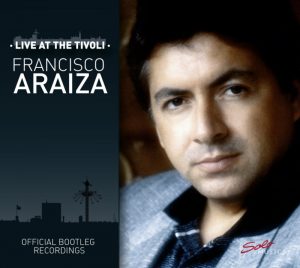
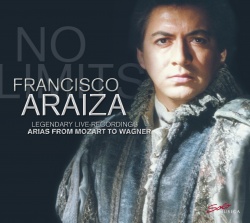
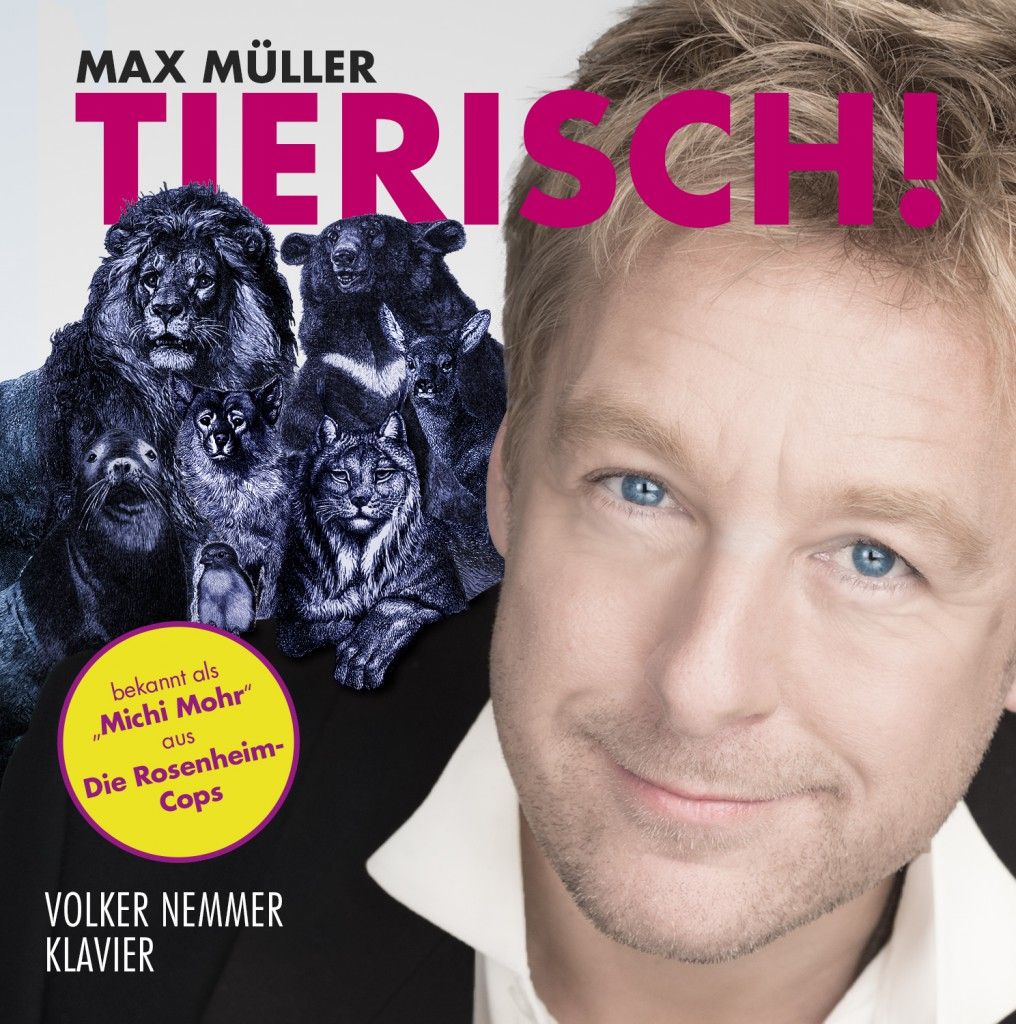
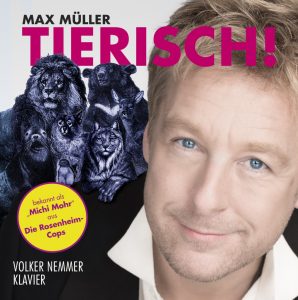 Künstler:
Künstler: 
